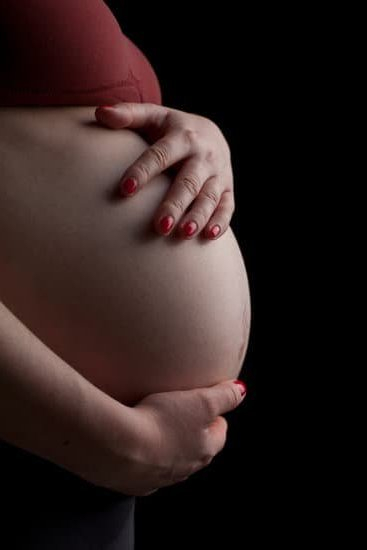3 Stages Of Pregnancy
Expecting a new baby is an undeniably exciting time in a mother’s life. However, with the changes in her body her doctor will break down her pregnancy into three distinct stages or “trimesters.” Knowing what to expect during each trimester can help to alleviate anxiety and maximize the joy of pregnancy.
First Trimester (Weeks 0-13)
The first trimester is considered the most crucial stage and is generally the longest. It can also be the most physically taxing and mentally burdensome. Pregnant women should get plenty of rest and practice good nutrition during this time.
- Changes in the body: During the first 13 weeks of pregnancy, the mother’s body undergoes significant changes. She may experience morning sickness, breast tenderness, increased salivation, and heightened senses of smell and taste. The baby grows quickly and is totally formed by 8-10 weeks.
- Tests and screenings: Mothers can expect numerous tests, ultrasounds, and screenings throughout the first trimester. These serve to check on the health of the fetus, check the health and size of a baby’s organs, and to estimate the baby’s age and due date.
Second Trimester (Weeks 14-27)
The second trimester brings the most physical comfort during pregnancy. Nausea and fatigue typically begin to subside and many mothers report feeling more energetic and positive.
- Changes in the body: As the baby grows, the mother’s body also experiences physical changes. She may develop a visible baby bump as her uterus and abdominal muscles stretch. This trimester is also when the baby begins to gain fat to padding her body and bring movement and sensation to life.
- Tests and Screenings: Most ultrasound screenings and tests take place in the first and second trimester. Examples include the alpha-fetoprotein (AFP) test and chorionic villus sampling (CVS). Mothers should check with their doctor regarding the recommended tests and screenings.
Third Trimester (Weeks 28-40)
The third trimester represents the home stretch to labor and delivery. During this period, the baby is growing rapidly, and the mother is busy preparing for childbirth and the subsequent baby care.
- Changes in the body: It’s during this time that the mother’s body experiences the greatest strain. Her ligaments stretch and lose tone, causing back pain, pelvic pain, and discomfort. She may also find that her breath is shorter, likely a result of the baby settling into her pelvis and taking up space.
- Tests and Screenings: Monthly tests and screenings may be recommended in order to monitor the mother’s health and should be discussed with her doctor. This is a time for preparation and anticipation as the expectant mother and her family look forward to their big day.
It is important to remember that every pregnancy is different, healthy mothers can expect to experience these stages though their duration and intensity may vary. Being informed will help keep the mother and baby safe throughout pregnancy.

Welcome to my fertility blog. This is a space where I will be sharing my experiences as I navigate through the world of fertility treatments, as well as provide information and resources about fertility and pregnancy.





